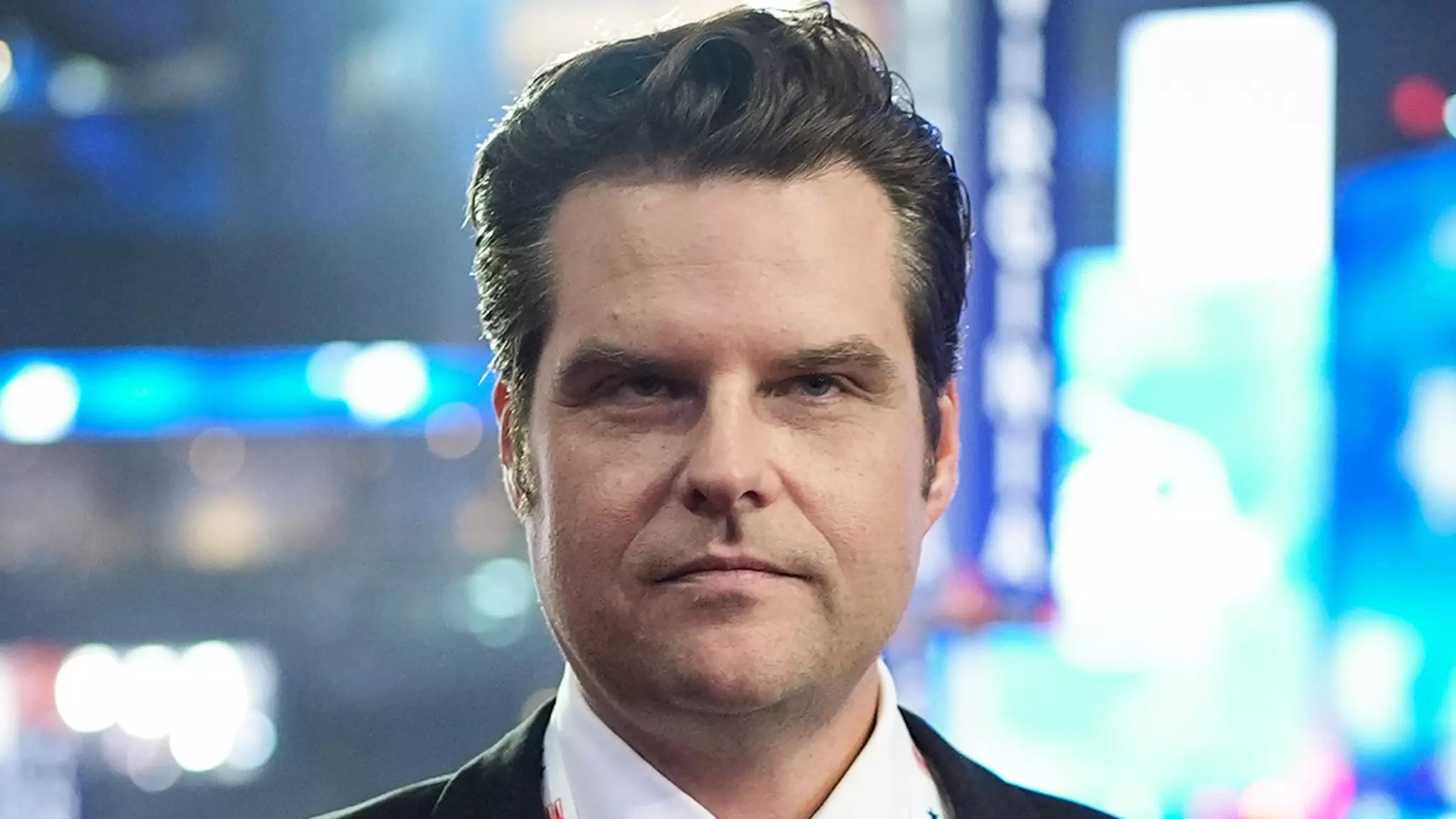The transition period for President-elect Donald Trump has taken an unforeseen twist with the withdrawal of Matt Gaetz from consideration for the Attorney General position. Gaetz, a former Congressman from Florida, made the announcement on social media platform X, citing the need to protect the integrity of the transition team as the primary reason for stepping back. His departure raises questions about the effectiveness and direction of Trump’s upcoming administration as it grapples with the immediate task of establishing a reliable Department of Justice (DOJ).
Gaetz’s decision to withdraw seems rooted in a strategic calculation rather than a simple choice of personal preference. In his statement, he highlighted that his potential confirmation was becoming a distraction during a critical time for the Trump/Vance transition team. The fact that this withdrawal comes shortly after discussions with a group of senators suggests that political pressure was mounting, as there were evident concerns regarding his confirmation amidst lingering allegations of misconduct that Gaetz has publicly denied.
The suggestion of “thoughtful feedback” from senators indicates that GOP officials may have been hesitant about supporting Gaetz in light of the unresolved allegations against him. This situation raises broader implications about the challenges facing nominees in politically charged environments, especially when previous baggage threatens to overshadow qualifications.
Matt Gaetz has been under a cloud of serious accusations, including allegations of sexual misconduct and claims involving minors. Although he has yet to face criminal charges and has denied all wrongdoing, these unexplained allegations can overshadow political aspirations, which was evident in this scenario. The situation calls into question the vetting process for high-profile positions and whether nominees can successfully navigate the tumultuous waters of public scrutiny and media speculation.
Interestingly, Gaetz’s resignation from Congress to pursue the Attorney General nomination puts into perspective the risks involved for politicians who gamble their careers on significant appointments. The impending release of a Congressional Ethics Committee report adds another layer of uncertainty about his future political endeavors and the future of the DOJ under Trump.
Despite stepping away from the AG nomination, Gaetz maintains unwavering support for Trump, emphasizing his dedication to making the President’s term a milestone in U.S. history. This highlights a critical component of political loyalty, especially notable in Trump’s camp, where strong allegiance often outweighs the controversies surrounding individual members.
Observed from a distance, this incident foreshadows potential difficulties in Trump’s cabinet-building process as he seeks individuals who can withstand scrutiny while engaging efficiently in governance. As the transition continues, it raises questions about how the next appointees will navigate the political landscape, ensuring that the Trump administration can hit the ground running without significant distractive baggage. The stakes couldn’t be higher as the new administration prepares for its agenda amidst a crowded and often contentious political space.







Leave a Reply